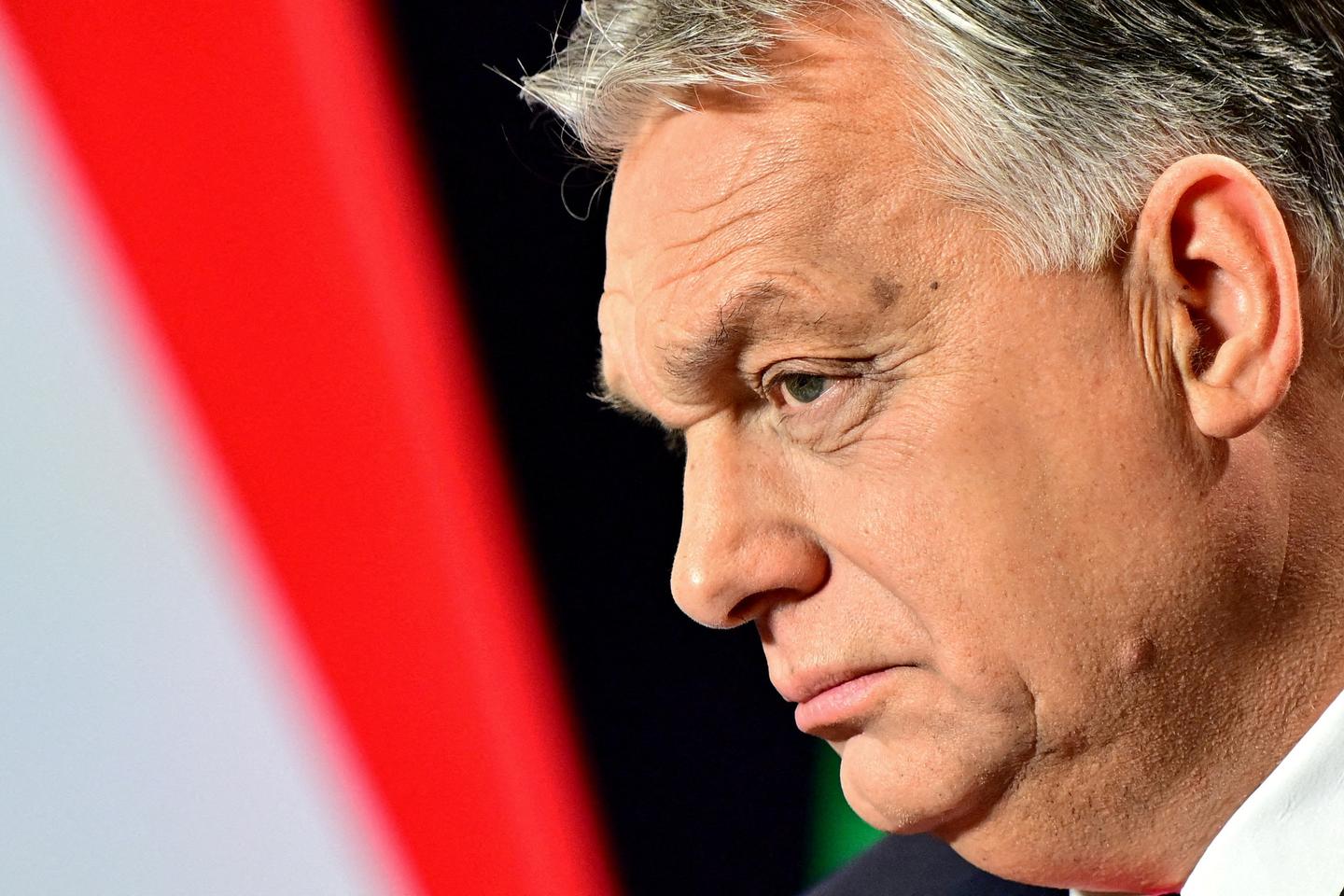


The European psychodrama is shaping up to be particularly turbulent. The heads of state and government of the European Union will meet in Brussels on Thursday, February 1, looking to overcome Hungarian Prime Minister Viktor Orban's veto on the vast plan for budgetary assistance to Ukraine (€50 billion over four years) that they hope to finally approve after an initial failure in December 2023.
In the run-up to the summit of the 27 EU member states, the illiberal leader, who is isolated in Brussels, came under increasing pressure, but there was no sign on the eve of the meeting that he would be ready to give in. The strongman of Budapest is a master at blackmailing his European counterparts into releasing European funds destined for his country that have been frozen, because of his own government's breaches of the rule of law.
The case goes far beyond a big money question, even if the sums involved are considerable for Kyiv, at a time when American financial and military aid to Ukraine is being blocked by Congress. Whatever the outcome, Orban is fundamentally challenging the EU's strategy of support to Ukraine. According to him, the Union would be ill-advised to continue supporting Kyiv, especially considering that a possible Donald Trump comeback in the White House could undermine Western cohesion against Russia.
Together with Vladimir Putin – to whom he continues to speak – Orban is banking on the supposed war weariness of voters to justify his position. However, notwithstanding Orban, European public opinion is still more or less behind Ukraine, almost two years after the start of Russia's war of invasion.
Sense of solidarity
One of the most recent comprehensive polls on the subject, the Eurobarometer survey released in December 2023, confirms this phenomenon. Across the European Union, 72% of those surveyed were in favor of financial support for Kyiv in principle, only very slightly down when compared to spring 2023. In addition, 84% still support welcoming Ukrainian refugees, some 6 million of whom have left the beleaguered country.
Six out of ten of those surveyed support the purchase and delivery of arms to help the Ukrainian war effort. More than two-thirds, meanwhile, continue to support sanctions against Russia. Last winter's energy war between Moscow and the EU was therefore not enough to fuel war weariness in European public opinion, despite its strong impact on rising prices.
How can we explain the fact that European public support has remained at such high levels? As Tara Varma, visiting fellow at the Brookings Institution in Washington, explained: "It's pretty clear now that the destinies of Ukraine and Europe are linked. It would be a real moral and military defeat to abandon Ukraine now, when its people are under attack from Russia every day." According to the researcher, who has been working in the United States since January 2023: "There is a major difference between the two sides of the Atlantic: Ukraine is an existential issue for Europeans, whereas it is more a question of international security for the United States."
You have 45% of this article left to read. The rest is for subscribers only.
